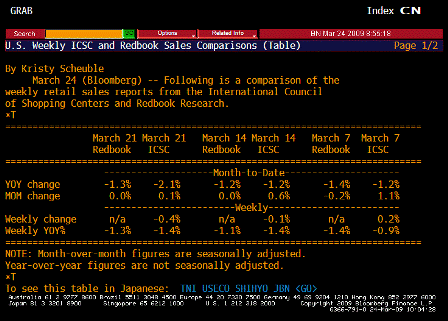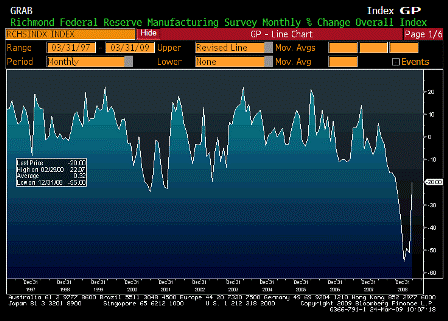The FDIC has a legal responsibility to take over insolvent banks.
They have aggressively done that, including taking over WAMU for liquidity concerns when it was legally solvent.
I view that as overly aggressive, as the banking model includes FDIC insured deposits for the further purpose of not using the liability side of banking as the place for market discipline. And, in fact, legal action vs the FDIC’s response to WAMU’s liquidity issues is not in progress.
So what may have happened subsequently in the case of the major banks getting government capital may have been something like this:
Phone call:
Shiela: Hi Barry, just a head’s up. A couple of major banks are up for exam, and if they don’t pass I’m legally bound to shut them down.
President: We don’t want that to happen, is there anything we can do?
Shiela: Well, you could increase their capital to levels where you can be sure they are legally viable.
Presidents: Thanks!
Next phone call:
President: Hi Ken. We need to get you enough capital right away to make sure you are legally solvent for the coming FDIC exam.
Ken: We are solvent, Barry, we don’t need any capital, but thanks for your concern and the kind offer!
President: Sorry, but we can’t take the chance the FDIC might decide to mark something down, declare some asset impaired, or otherwise cause your capital to fall under the legal minimum and declare you insolvent.
Ken: Ok, whatever you say, but again, we don’t want it or need it. So let me ask one favor- make sure we are allowed to give it back as soon as you feel it’s no longer in the national interest for us to keep it.
President: Thanks!
[top]












